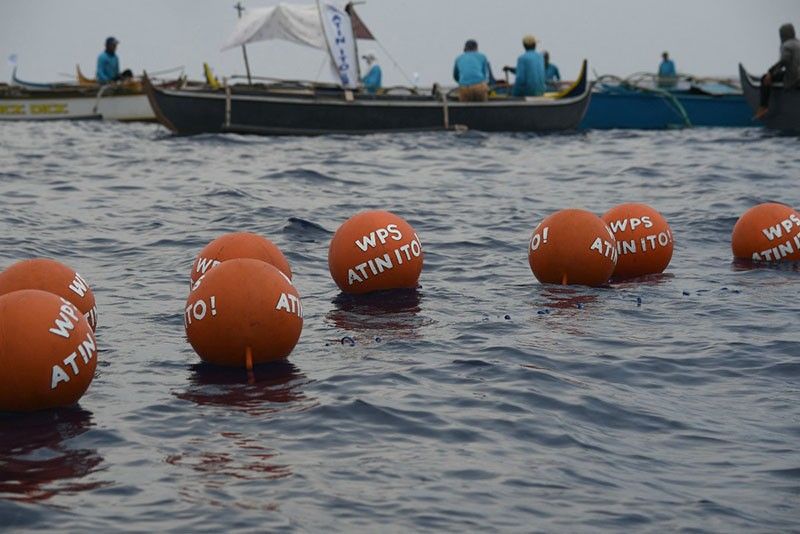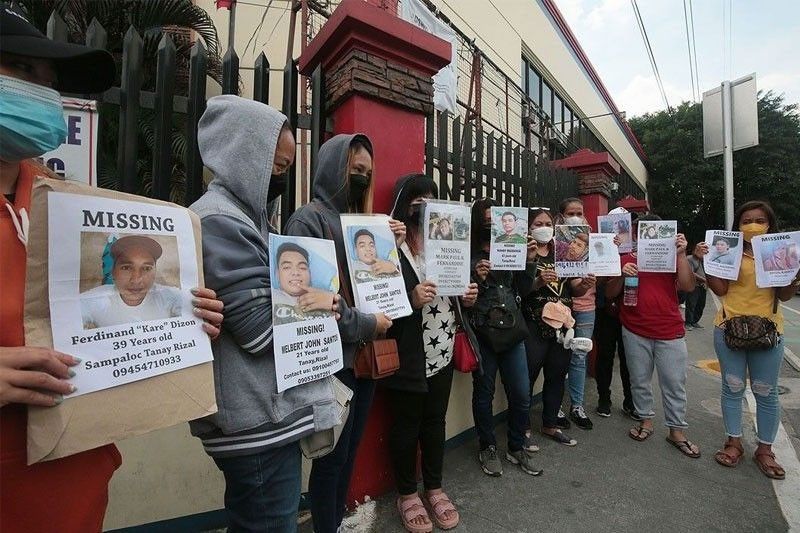
Upgrade to High-Speed Internet for only ₱1499/month!
Enjoy up to 100 Mbps fiber broadband, perfect for browsing, streaming, and gaming.
Visit Suniway.ph to learn
Vice President Sara Duterte leads the 2025 KASARILAYAAN, the Office of the Vice President’s annual pride reception, in San Fernando City, Pampanga on Wednesday, June 25, 2025.
The Philippine STAR / Ryan Baldemor
MANILA, Philippines — Senate President Chiz Escudero’s assertion that the impeachment court could vote on Vice President Sara Duterte’s fate without hearing evidence is not a line that House prosecutors believe they should cross.
House prosecutor Joel Chua, who led the legislative inquiry into Duterte’s confidential funds, maintained the long-standing argument of several legal experts that the Constitution mandates the Senate to decide on an impeachment case after holding a trial.
“So to dismiss the impeachment complaint outright without even conducting a trial is, I believe, not within the bounds of the impeachment court,” he told ANC on Thursday, June 26.
“Why? Because under the Constitution, they should try and decide,” he added.
Just because the Constitution and Senate rules do not explicitly block such a move, he argued, doesn’t mean it’s allowed, especially when the law requires an impeachment to be heard and tried.
Chua explained that it was the House of Representatives’ responsibility to assess whether the allegations in the impeachment complaint had merit. This process ultimately led to Duterte’s impeachment in February.
He pointed out that the prosecution’s role is to act as the fiscal, presenting evidence and proving guilt, while the impeachment court must assess whether the evidence justifies a conviction.
“So wala naman nakalagay doon to dismiss it outright without even kumbaga parang to determine the probable cause. Kasi that is the job of the prosecution to prosecute and to determine if there is a basis for impeachment,” he said.
(There’s nothing in the rules that allows for an outright dismissal without first determining probable cause. That’s the job of the prosecution to establish whether there’s a basis for impeachment.)
Escudero has argued that the impeachment court has no limits on what it can or cannot decide, saying “everything is possible.”
"That is my problem with the critics. There is no rule prohibiting any motion. You can’t stop anybody from making a motion, because the Senate as an impeachment court is a collegial body,” he said at a press briefing on Wednesday, June 25.
For Chua, this should not be the case.
“With all due respect to the Senate president, the power is limited. The power is limited and the power is given to them by the Constitution,” he said.
While Chua said the prosecution intends to respect the impeachment court’s decision and submit to its jurisdiction, he maintained that they will still “take all necessary steps to argue or to reason out to the senator-judges.”
It has been almost five months since the Senate received the articles of impeachment, and the trial’s fate remains unclear. Still, Chua said he remains optimistic the trial will move forward since Duterte already filed her answer ad cautelam.
In her 34-page response, Duterte urged the Senate to dismiss the impeachment complaint, arguing that it is unconstitutional for allegedly violating the one-year ban on filing multiple impeachment cases — a point she also raised before the Supreme Court.
The House of Representatives, however, has already certified the complaint as constitutional and submitted this certification to the impeachment court in compliance with its order.
Initiating an impeachment against a public official does not necessarily start with the filing of a complaint but with the referral to the House Committee on Justice, legal experts have argued. This is why multiple complaints could be filed and consolidated into one.
Duterte also echoed the argument of Sen. Bato dela Rosa, saying the writ of summons had no basis once the Senate remanded the articles of impeachment to the House, effectively leaving the Senate without custody of the charges she faces.
The 20th Congress is set to convene for its first plenary session on July 28, where they will vote on the next Senate president and House speaker, including other leaders.
RELATED: Escudero: VP Sara’s impeachment will cross over to 20th Congress but…

 4 hours ago
2
4 hours ago
2



